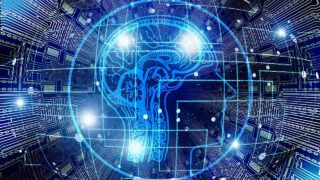 python
python Artificial Intelligence Technologies Drawing Attention at Recent International Conferences
Artificial Intelligence techniques of interest in recent international conferences that are used in Digital Transformation, Artificial Intelligence and Machine Learning tasks Multimodal techniques, Federated Learning, Question and Answer Learning, Automated Machine Learning, AutoML, Few-Shot Learning, One-Shot Learning, Meta-Learning, Graph Neural Networks, GNN, Self-Supervised Learning, IJCAI, AAAI, TNNLS, CVPR, ACM SIGKDD, ICLR, NeurIPS, ICML